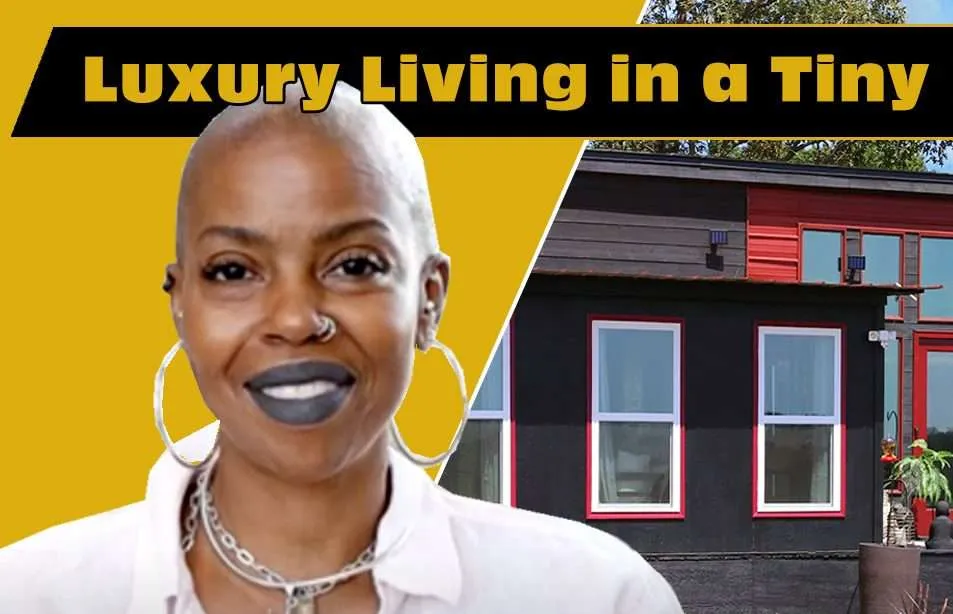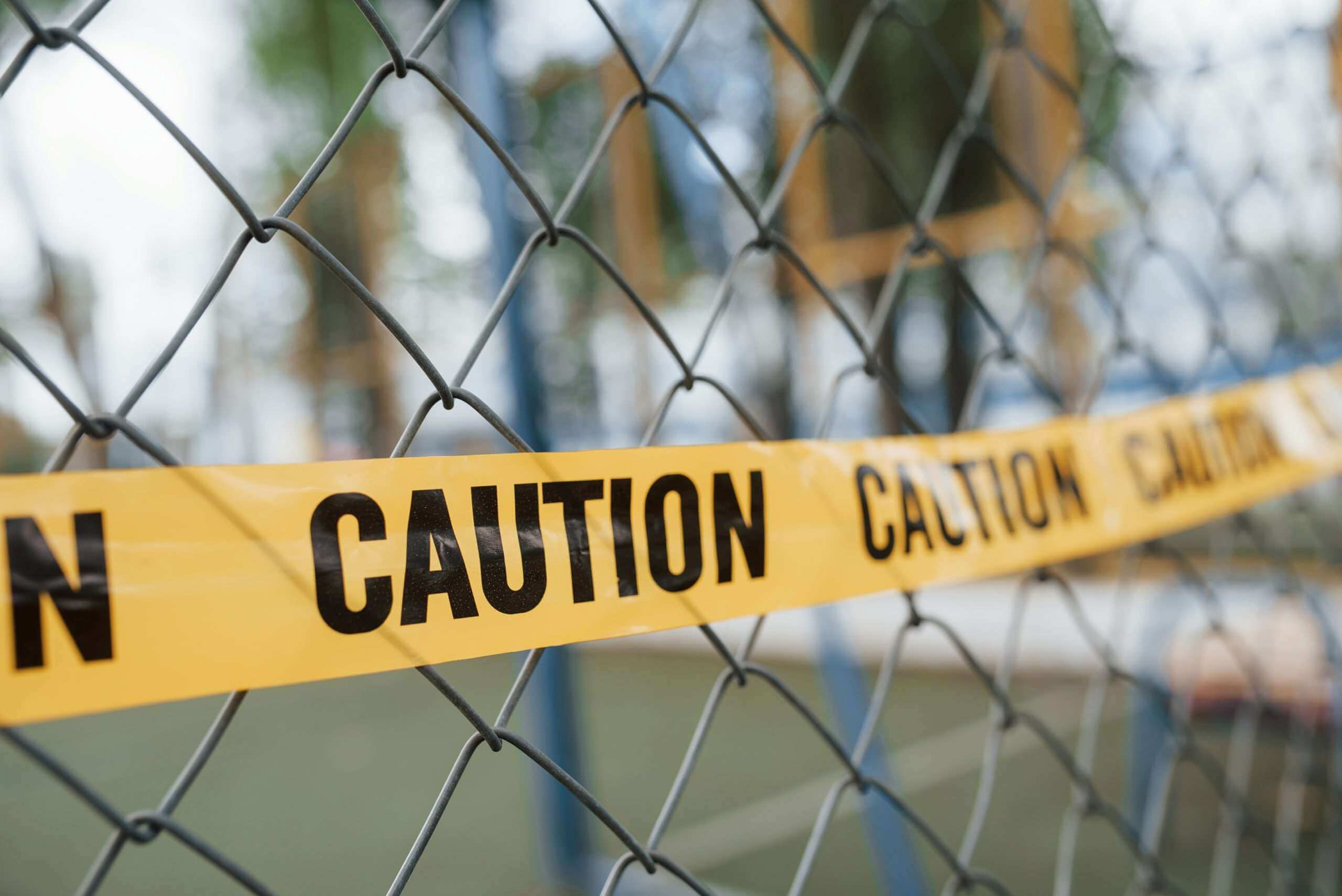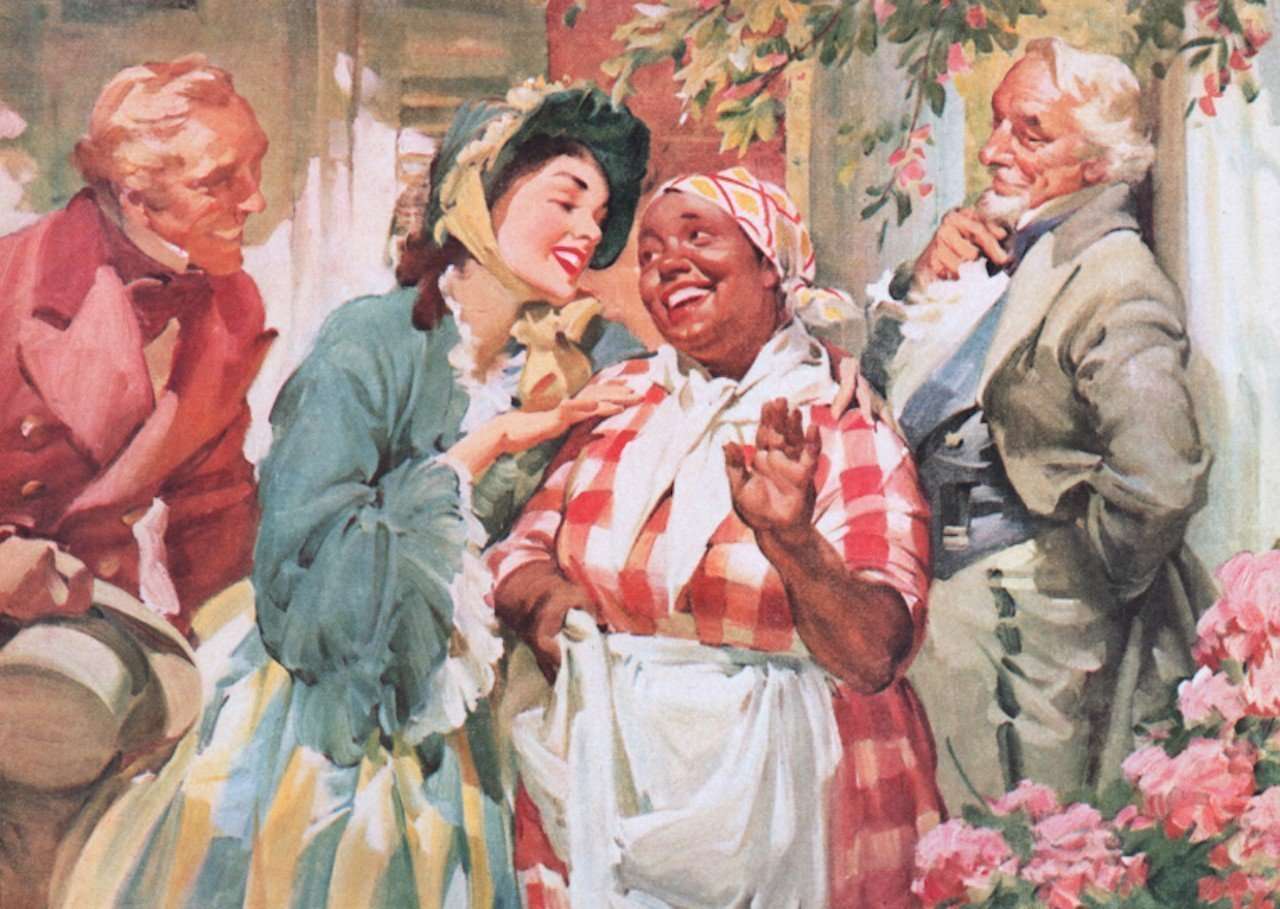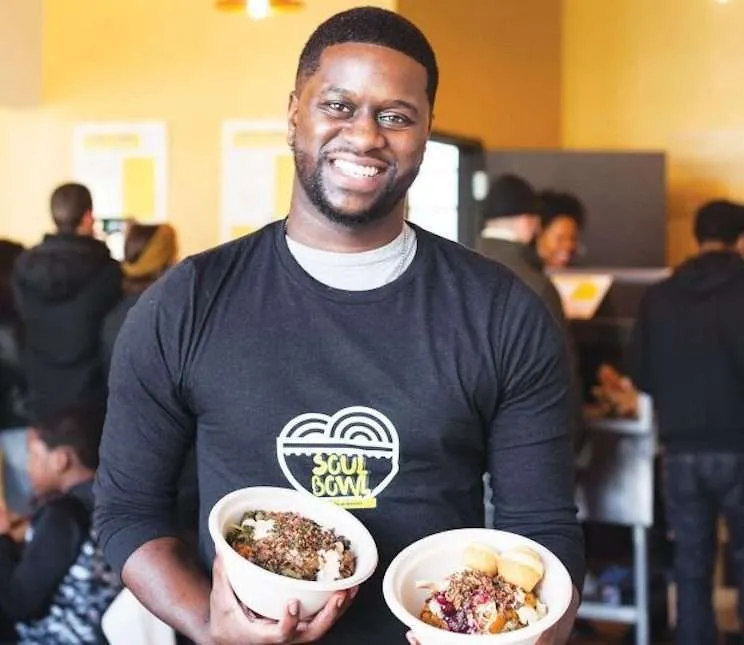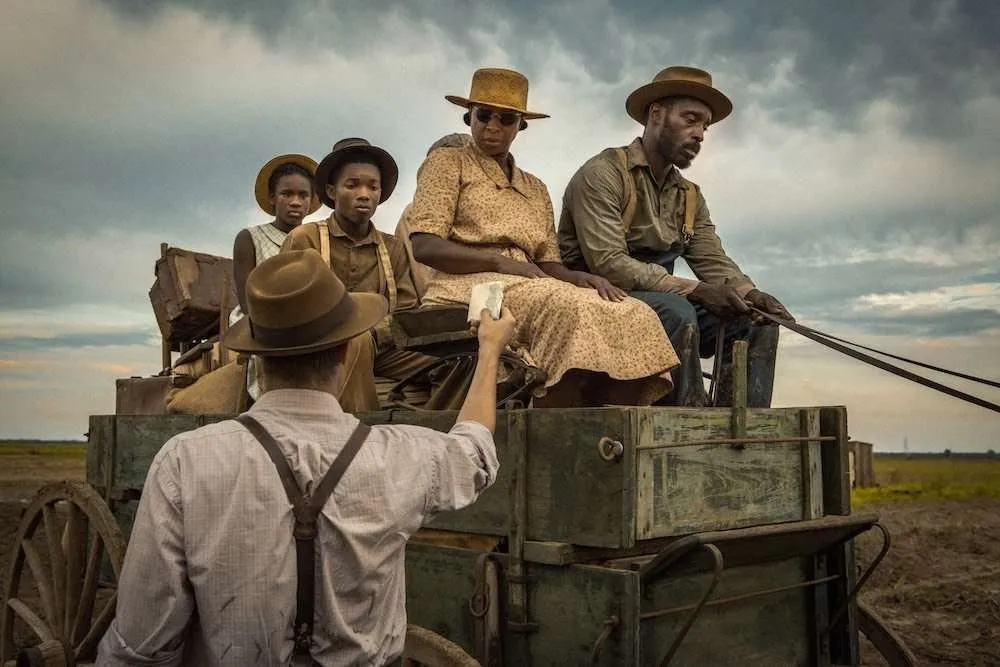Community
Mental Health: When “I’m Fine” Won’t Work Anymore
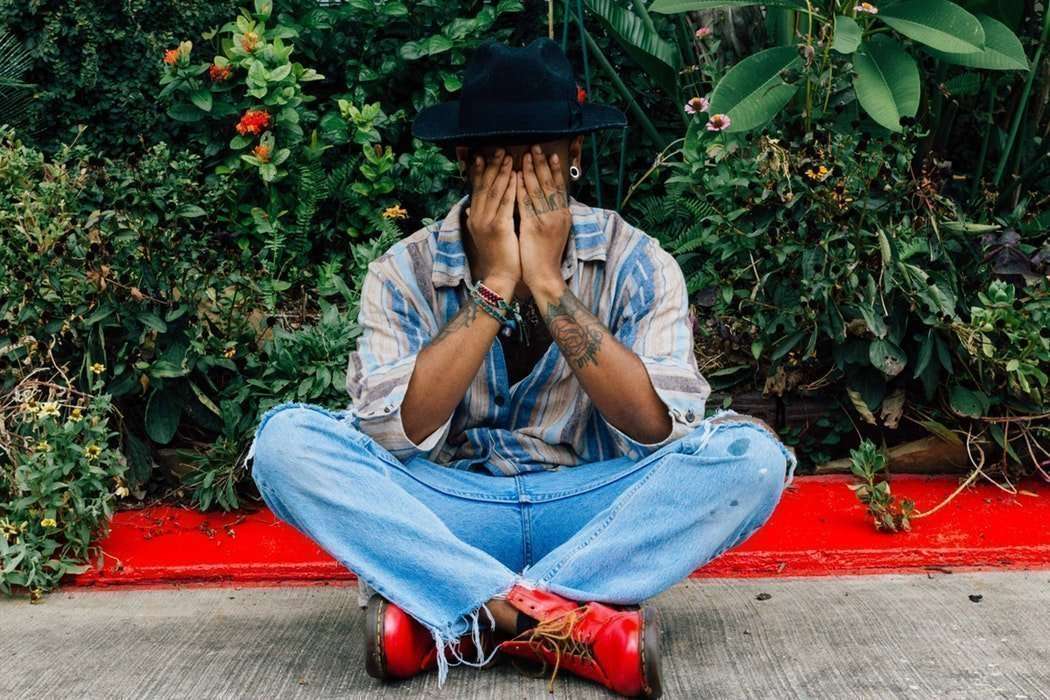
“I’m fine.” A common response when someone asks how you’re doing. Almost like muscle memory, that’s the common answer most of us give to our peers, family members and close friends.
However, the truth for some of us is, we really aren’t fine and we’ve mastered a poker face to hide the inner truth while our exterior softens the lies. But what happens when saying “I’m fine” won’t work anymore? What will that do to our mental health?
Mental health is important, but in many communities, discussing it is taboo. In the black community, there has always been a stigma around suffering from mental health issues and the importance of being open about it.
I remember when I was younger, I never heard any of my family members, friends or friends of friends talk about mental health, depression or anxiety. Instead I noticed that whenever people I knew were faced with pain, stress, sadness or feelings of anxiousness, they were told to work through it or pray about it. Or that it wasn’t sadness, rather a phase and that they had to be strong and move on from it.
I, too, have done that. For years, ‘shaking it off’ and prayer worked but only temporarily. What I internalized continued to come back and visit me more frequently and intensely. The signs I continued to ignore kept reappearing.
Anxiety. Therapy. These are Conversations we don’t have enough of. Let’s discuss in My new book #ShookOne “Anxiety Playing Tricks On Me” available this fall!!! Pre order now at https://t.co/f27znL3CMJ pic.twitter.com/N3XwmMwlvk
— Charlamagne Tha God (@cthagod) May 8, 2018
I thought that my problems would just magically disappear and that i could live the rest of my life without being bothered or triggered by past events that i considered to be miniscule.
I’ve come to see that this has been detrimental to my mental health, and that after talking to my peers, that many of us have handled trauma in the same way. Instead of seeking professional help, isolation has become a form of self-medication as well as drugs, alcohol and more.
There is a fear of opening up, showing emotions and being human because for years, there has been this expectation for people of color to be strong and to be able to handle intense upheaval because of generational anguish. We have had to be strong in order to survive and it’s become a trait of ours, one that we’ve had no other choice but to inherit. So showing anything but strength, such as tears or sadness, feels like a weakness because we are exposing ourselves to others for them to use it against us.
The thought of that breaks my heart. We’ve become afraid to show emotions that are normal to have and that should be expressed freely without fear of being torn down. And for our men, showing emotion can equal being stripped of their masculinity.
The way masculinity has been so toxically defined by our culture has put black men into a box of having to be “strong”, aka never shedding a tear. In the same regard, black women (and women in general) have been trained to be afraid to admit when something is wrong. And asking for help isn’t always an option because we are so busy helping take care of other people.
Service has become a profession for women as they are servicing their families, friends, and even co-workers and more that oftentimes we are not able to assess what’s happening within us – mentally, physically and emotionally.
Maya Allen, a contributing writer for The/Thirty, talks with Joy Harden Bradford, MD, a licensed psychologist who perfectly describes this and that “the idea of being a ‘strong black woman’ keeps a lot of women from actually reaching out for help.”
It’s not only the fear of reaction from those around us that keep us from seeking help. It can also be financial shortcomings.
Getting mental help can be pricy and not accessible to all. The socioeconomic status for many families might put them in a ‘pick and choose’ lifestyle, where they might have to choose between paying rent and seeking professional help. And if there is extra money left over, there’s always that doubt about therapy. Does paying to talk to a stranger about your personal issues really work?
The more I continue to write about mental health, the more I believe these conversations are important to have. I’ve been surprised at how many people struggle with the same issues and feel as though they can’t open up to people or seek help, when in fact, help might be closer than they think.
As a community, it’s crucial that we lift each other up and encourage one another to get the help that we so freely give away to others. Depression and anxiety has been familial, passed down from generation to generation for centuries. But it doesn’t mean that we have to accept it and reside in the pain of our ancestors. Instead, I believe it’s something we can reflect on and see that we can be a generation that is a catalyst for change in advocating for seeking help rather than discouraging it.
Many of us sweep our problems under the rug, but there’s only so many times we can continue to do that before it becomes too detrimental to our well-being.
I have hope. I have seen progress in people being more open about their struggles. whether that’s in academic or scholarly articles, social media posts or even celebrities being open about their journeys and struggles with mental health. The more we talk about it, the more dissecting and unpacking we can do which will ultimately lead to more people seeking help for it.



